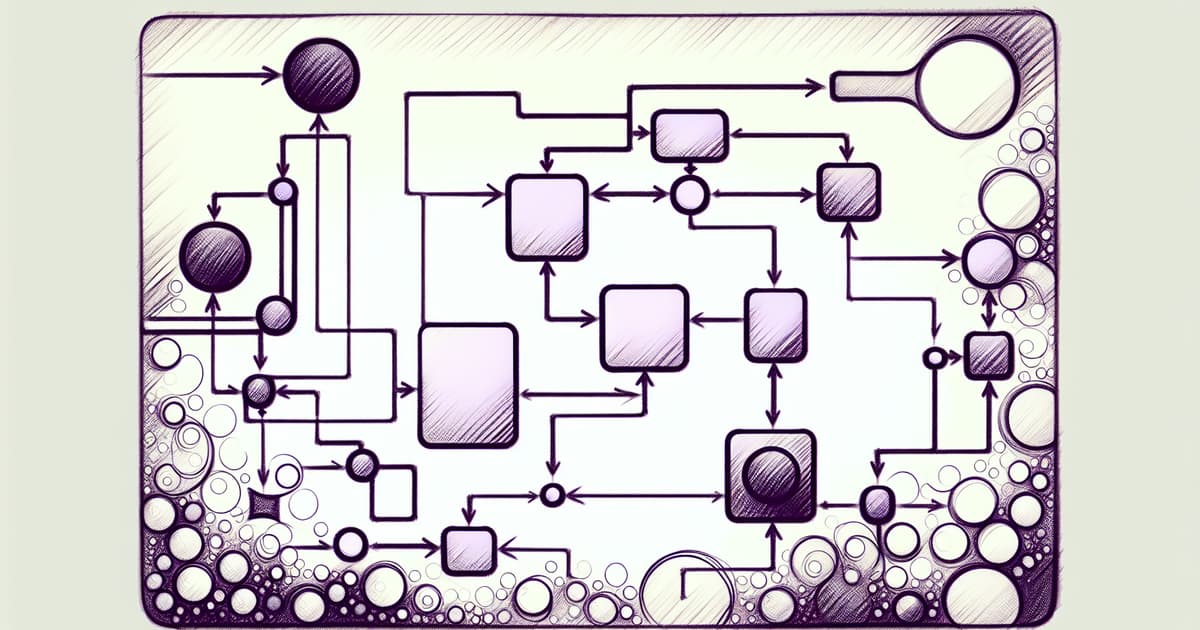We can't find the internet
Attempting to reconnect
Something went wrong!
Hang in there while we get back on track
In-Depth Examination of the Phoenix Framework in Elixir
530
clicks

Source: underjord.io
The article 'Unpacking Elixir: Phoenix' by Lars Wikman provides a comprehensive look at Phoenix, outlining its position as the preferred web framework for Elixir, overshadowing the array of frameworks available for Erlang. It starts with Plug, the underlying composable module for web requests and responses, before introducing Cowboy and Bandit, the web servers commonly coupled with Phoenix. It then dissects Phoenix itself, noted for avoiding 'magic' in favor of explicit macro-driven design to create a maintainable and disciplined code base. Phoenix is described as a non-intrusive, flexible framework that does not heavily dictate application architecture, which differentiates it from frameworks like Rails or Django. Its major features include project generation tools, the Ecto database layer, and innovations such as the WebSockets-based Channels and the real-time interactive component, LiveView. The article emphasizes Phoenix's asset pipeline evolution, its mailer capabilities with Swoosh, and the built-in Live Dashboard for observability. It points out the benefit of a Phoenix application running on the BEAM virtual machine, capable of handling various workloads beyond web serving. In sum, Phoenix is portrayed as a solid foundation for web development in Elixir, capitalizing on the strengths of its runtime and offering unique innovations.
Related posts
© HashMerge 2026


